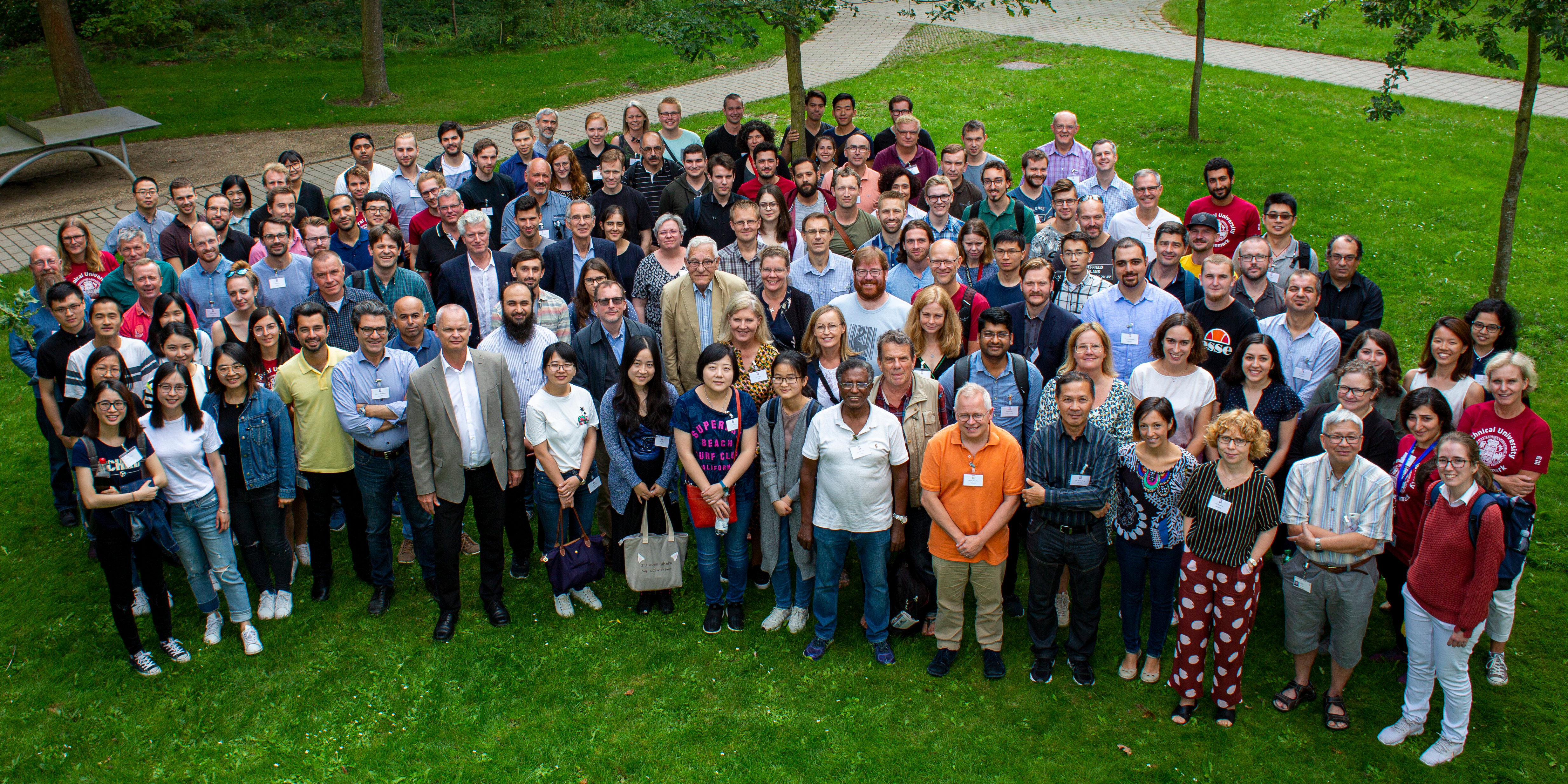About us
At the Department of Chemical and Biochemical Engineering it is our main objective to meet today’s industrial challenges and create value through education, innovation and research.

Mission
At DTU Chemical Engineering it is our mission to develop and utilize knowledge, methods, technologies and sustainable solutions within:
- Chemical and biochemical process engineering and production
- Design of chemical and biochemical products and processes
- Energy and environment
Vision
It is our vision to:
- be acknowledged as a world leading chemical and biochemical engineering department.
- be an attractive partner for university departments and research-based industry.
- help to retain, develop and attract knowledge-based national working places.
- support development of sustainable solutions in the fields of chemistry, biotechnology, food pharma and energy through research and research based consultancy
- be an attractive as a place to work for ambitious and technology-passionate staff members